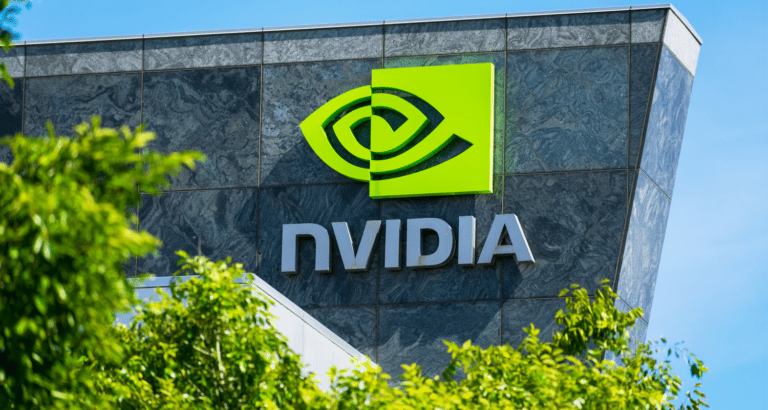While Nvidia is raking in billions from sales of AI hardware, its competitors can’t get anywhere near those figures. Yet authorities are unsure whether they should take action against this dominant market position. Last week, the GPU maker’s French offices were raided, while the EU is also launching an investigation.
Demand for AI applications has exploded this year, resulting in the hardware to run AI being likewise unstoppable. Nvidia made more than $6 billion in profit last quarter. Its proprietary GPUs are known as the most powerful AI accelerators on the market, far behind offerings from Intel, AMD and others.
The EU has informally asked around about possible anti-competitive actions by Nvidia, according to Bloomberg sources. It’s possible that nothing further will happen, although Brussels is considering whether action is needed to temper the GPU giant’s powerful position. Nvidia’s market share in data center GPUs is rather pronounced to say the least: it holds more than 90 percent.
Accelerated computing
Nvidia has been betting on accelerated computing, an umbrella term for hardware applications aimed at very specific tasks, for decades. That includes training and running AI models, where the design of GPUs proves to be ideally suited. Meanwhile, their sales to datacenter customers account for most of Nvidia’s annual revenue.
However, the company could face resistance from the European Union. The bloc could demand up to 10 percent of global annual sales as a fine for abusing its own dominance. That includes setting a low price to shut out competition. Currently, the demand for Nvidia chips is so high that it actually charges a huge premium to buy new hardware. In fact, a shortage of Nvidia GPUs seems to be causing competitors to take advantage of the AI hype. For example, customers are more often opting for alternative solutions from Intel to still get a product quickly.
Incidentally, Nvidia is well known to competition authorities. It tried to acquire UK-based ARM from SoftBank in 2021-22, but had to abandon it under pressure from regulators.
